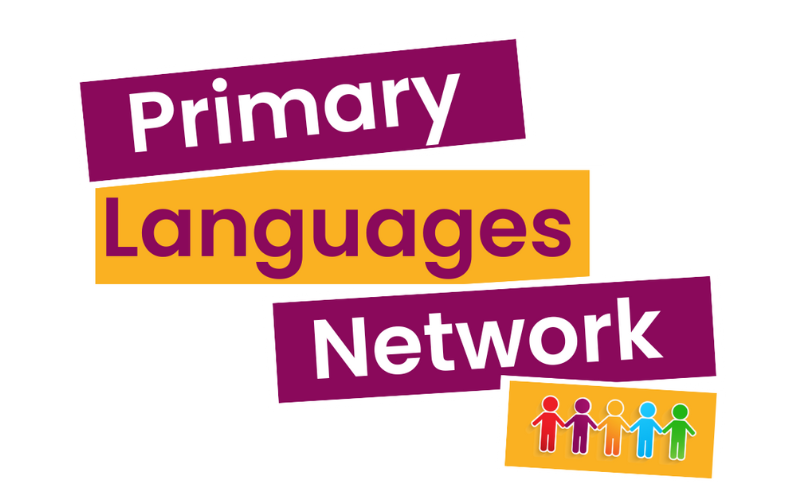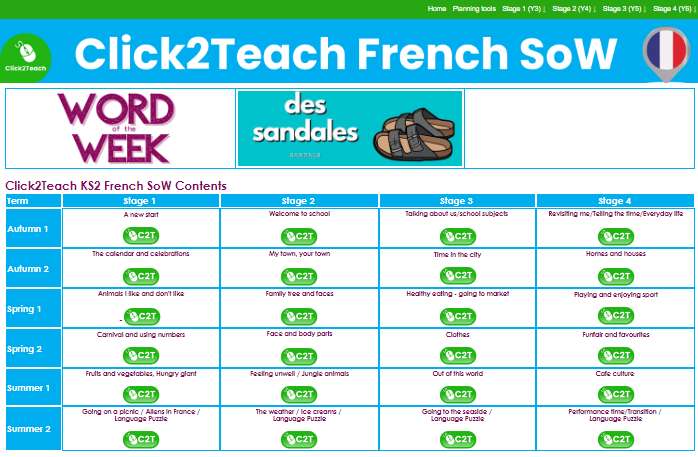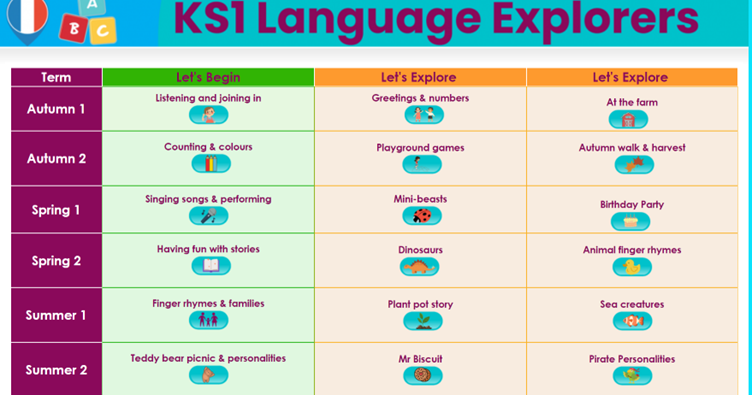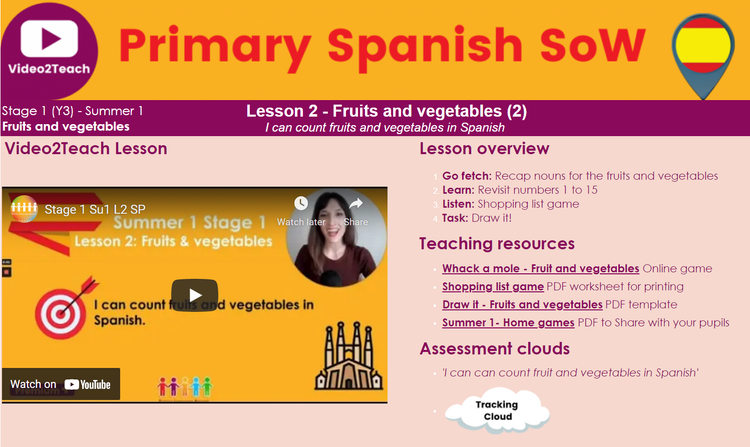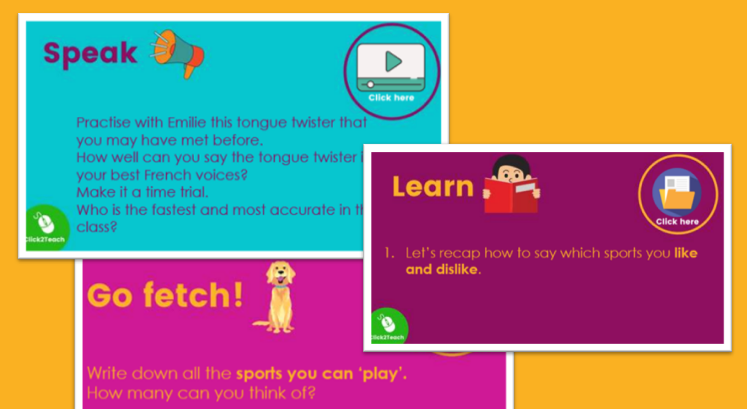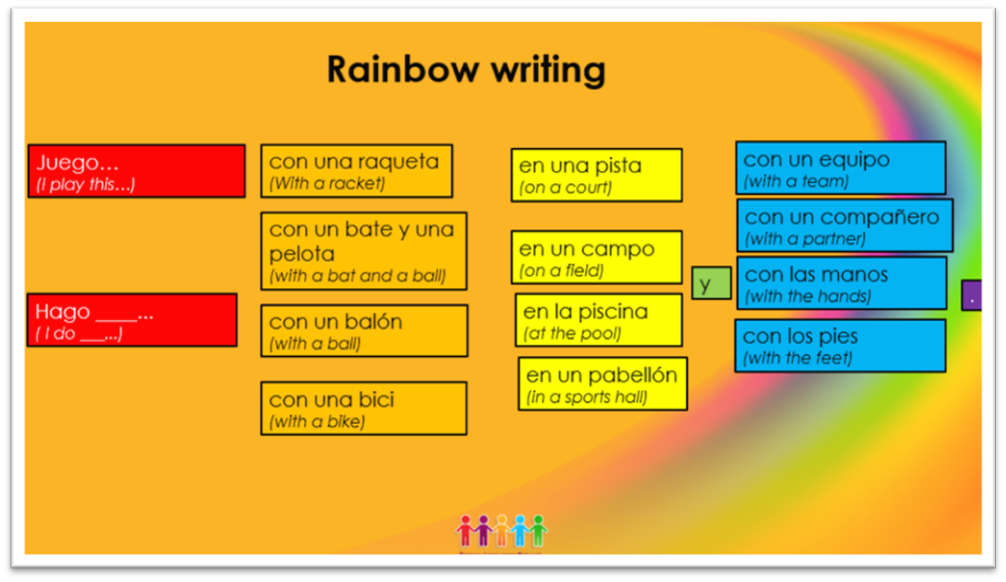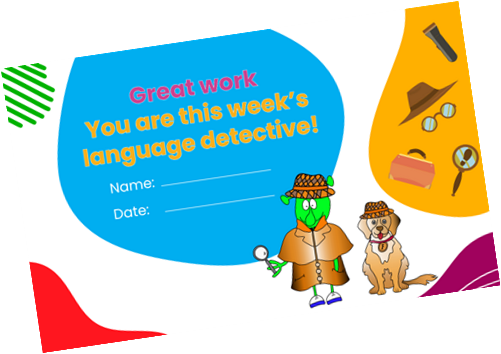How can the PLN schemes of work be tailored to mixed age classes?
Support from PLN: Blog, podcast and consultation
A couple of years ago, lots of coordinators were contacting me, looking at how to tailor PLN’s scheme of work for mixed age classes. The podcast I recorded contained lots of advice, some of which is still relevant now.
After hearing from many more coordinators in the Summer Term of 2023, I have written this blog and recorded a new and updated podcast.
If you are looking for advice about tailoring the PLN scheme of work to mixed age classes, read this blog and listen to the podcast. PLN members and trial members can also book a free consultation to discuss this further.
Not ‘one size fits all’ – consideration and flexibility
After several one-to-ones, I have discovered many different scenarios and settings from 1.5 form entry to small schools, from a combination of mixed and standalone classes to schools where the structure can change each year.
As school settings are all different, it makes sense that each plan must be tailored to the unique setting. This is not a ‘one size fits all’ solution – to come up with a plan that works, in my experience speaking with different coordinators, there needs to be some consideration and flexibility where possible.
Where a school is at the start of their language learning journey, and is rolling out the introduction of a language, this allows for a simplified first year (all year groups following Stage 1). This is something I have advised a couple of schools to do, along with making a plan each year, reviewing and adjusting if or when necessary.
A straightforward approach – two-year cycle
I have come across lots of different settings and circumstances when speaking to coordinators but have consistently tried to take a straightforward approach – the simpler the approach, the better it is for staff to follow and keep to.
A two-year rolling programme is often the best option for schools: consisting of a Year A and Year B. The PLN scheme of work (whether that’s Click2Teach or Video2Teach) is structured in a way that Stages 1 and 2 are similarly pitched, as are Stages 3 and 4:
Stages 1 and 2 lay the foundations introducing simple sentences, nouns, adjectives, and core language content.
Stages 3 and 4 build upon those foundations, extending skills and knowledge to include complex sentences, use of conjunctions and introducing verbs.
This structure allows for Lower Key Stage 2 to follow Stages 1 and 2, and Upper Key Stage 2 to follow Stages 3 and 4.
Year A = Stage 1 (LKS2) and Stage 3 (UKS2)
Year B = Stage 2 (LKS2) and Stage 4 (UKS2)
Mixed Year 4 and Year 5 classes
Where classes are mixed Year 3 and 4, and mixed Year 5 and 6, the approach mentioned above tends to work well. Where there is a mixed Year 4 and Year 5 class, this does pose a challenge as there is quite a difference between Stages 2 and 3 in our scheme of work.
There have been a couple of schools with mixed 4 and 5 classes, and in this instance, I have recommended the use of Video2Teach and splitting the class to allow the Year 4s to follow the same stage as LKS2 and Year 5s could follow the same as UKS2. The use of Video2Teach with a native speaker on screen leading the lesson means that the children can access the lesson they need, and teachers or teaching assistants feel well-supported to deliver the lesson with Emilie or Irene on screen.
KS1 Language Explorers
Our new Language Explorers scheme has been designed for KS1 and will work well if your school has mixed Year 1 and Year 2 classes.
The Let’s Explore A and Let’s Explore B columns in the scheme can be used in a Year A and Year B format as with Click2Teach and Video2Teach or staff can use the units in a different order, to link with other areas of the curriculum if they wish.
Further consideration – key documentation
The last thing I advise is to look carefully at documentation and assessments. The Puzzle It Outs are pitched at the level of the scheme they are attached to and will therefore need to be adjusted – for example added challenge for Stage 2 learners following Stage 1.
Use the Core Skills Progress document to pitch your expectations of the children at different stages in their language learning journey. You may also need to look at and edit some of the documentation such as the Long-Term Plans, Scheme of Work Overview, and edit headings on the Knowledge Organisers, Phonics Map and DfE Unit Map.
